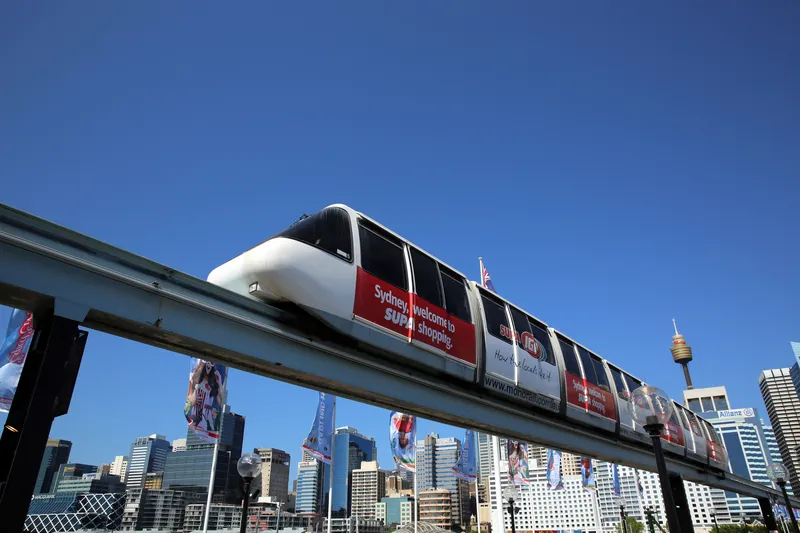
The International Road Federation (IRF) is offering an online course on Fundamentals of Intelligent Transportation Systems & Adaptive Traffic Management.
Aimed at transportation agencies getting to grips with ITS, the lectures will be online over a two-week period from 6-16 July, consisting of live two-hour online sessions from Monday to Thursday.
Upon completion of the training programme, the IRF will administer an online knowledge test, with participants requiring 80% to get a certificate.
Course materials are "designed for professionals who intend to pursue specialisations in the area, and other civil and transport engineers whose responsibilities and tasks would be enhanced by fundamental knowledge of ITS", IRF says.
"It is critical for managers and planners to have a firm grasp of standards, systems architecture, lifecycle management ('designing for maintenance), as well as best practices in the field of fully adaptive traffic management and control systems ('cooperative ITS').
This course covers the main principles, concepts, elements, technologies and benefits arising from the successful deployment of ITS & cooperative ITS.
It will, among other things, enable participants to see how ITS can enhance transport infrastructure projects in urban settings and to see how ITS principles relate to their agencies' projects and objectives.
More information and enrolment options are available here.









